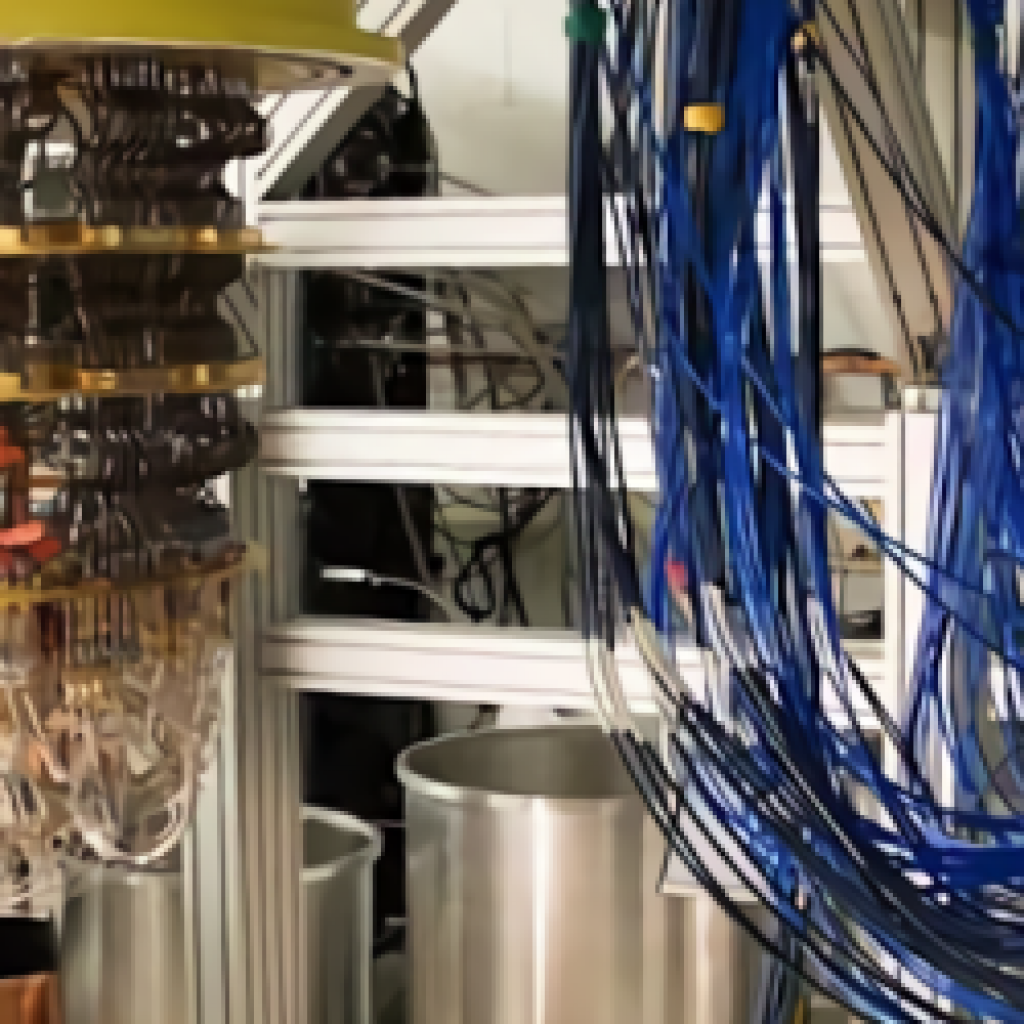(TechnologyReview) Always excellent, Martin Giles has provided “. ..an antidote to the hype surrounding quantum supremacy” in his latest quantum technology article.
Google has reportedly demonstrated for the first time that a quantum computer is capable of performing a task beyond the reach of even the most powerful conventional supercomputer in any practical time frame—a milestone known in the world of computing as “quantum supremacy.”
Google’s achievement is significant, but quantum computers haven’t suddenly turned into computing colossi that will leave conventional machines trailing in the dust. Nor will they be laying waste to conventional cryptography in the near future—though in the longer term, they could pose a threat we need to start preparing for now.
Giles provides a guide to what Google appears to have achieved.
We still haven’t had confirmation from Google about what it’s done. The information about the experiment comes from a paper titled “Quantum Supremacy Using a Programmable Superconducting Processor,” which was briefly posted on a NASA website before being taken down. Its existence was revealed in a report in the Financial Times.
When the paper is formally published, other researchers may start poking holes in the methodology, but for now it appears that Google has scored a computing first by showing that a quantum machine can indeed outstrip even the most powerful of today’s supercomputers.
Google picked a very narrow task. Quantum computers still have a long way to go before they can best classical ones at most things—and they may never get there. But researchers I’ve spoken to since the paper appeared online say Google’s experiment is still significant.
The next quantum milestone to aim for is besting conventional computers at solving a real-world problem—a feat that some researchers refer to as “quantum advantage.” The hope is that quantum computers’ immense processing power will help uncover new pharmaceuticals and materials, enhance artificial-intelligence applications, and lead to advances in other fields such as financial services, where they could be applied to things like risk management.
An Antidote to the Hype Surrounding Quantum Supremacy
